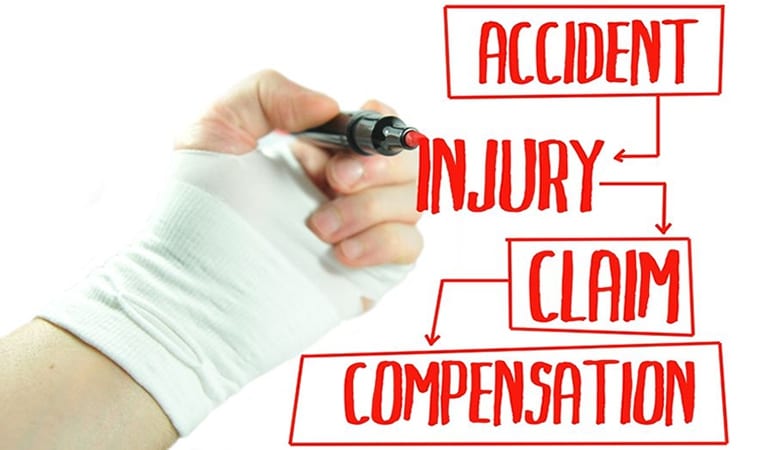Workers’ Compensation
Mintz & Geftic takes pride in providing assistance to the hard working injured men and women throughout New Jersey, as well as out-of-state workers employed by New Jersey employers. Workers’ compensation is a state-run insurance program that provides benefits to injured workers. “Workers’ Comp” also provides death benefits to close relatives of workers who died from a job-related injury or illness.
We make sure injured workers obtain workers’ compensation benefits despite difficult employers and insurance company bureaucracy. The workforce is the backbone of our local economy so we treat this area of practice as the backbone of our firm.
After a workplace accident that results in injury, you must notify your supervisor and make sure that a written accident report is filed. You should do this regardless of the extent of your injuries. If your injury causes you problems later but you did not report the accident that caused it, you could be denied workers’ compensation.
Prompt legal advice is critical.
The Workers’ Compensation laws are very strict. Failure to comply could result in:
- Failure to receive benefits
- Delay in receiving benefits
- High medical bills, if the medical providers are not authorized.
Who do we represent?
- Truck Drivers
- Union Workers
- Construction Workers
- Office Workers
- Airline Employees
- Factory or Assembly Workers and many others.
The most common injuries that workers’ compensation benefits typically pay for include:
- Overexertion (excessive lifting, pulling, pushing, holding, carrying or throwing)
- Slip and Falls
- Being struck by an object (such as construction material falling from above)
- Bodily reactions (injury caused by bending, climbing, reaching, sitting, slipping, standing or tripping without falling)
- Being struck against an object (such as pushed into a door or wall)
- Motor vehicle accidents
- Being caught in, under, or between equipment or objects
- Assault by another person
- Contact with extreme temperatures (for example, burns or frostbite)
- Heat Stroke or Heat-Related Illness
When a worker is injured, he or she is required to inform the employer about the accident, including when and where it happened. The worker should also state that the injury occurred while working. It is then up to the employer to notify its workers’ compensation insurer, and arrange medical assistance for the injured worker. Medical and disability benefits are paid in amounts according to a state-approved formula.
Workers’ compensation benefits available to qualified employees include:
- Medical benefits. Workers’ compensation pays for authorized related medical treatment costs. If the medical provider or treatment is not approved by the employer or workers’ compensation insurance company, the bills may not get paid.
- Temporary total disability. When a doctor certifies that a worker cannot work because of a work-related injury, workers’ compensation provides a weekly payment up to a maximum amount until the worker’s doctor states that the worker has recovered enough to return to work.
- Permanent partial disability. Workers who suffer a lasting injury may obtain compensation for the effect their partial disability will continue to have on their ability to earn work.
- Permanent total disability. Workers who are determined to be unable to perform any paying job may obtain benefits for life, but they will have to show that they are still totally disabled through medical evidence.
- Death benefits. Dependents of a worker who has died from a job-related injury or illness may obtain a funeral allowance and survivor payments by filing a formal claim.
An injured worker does not have to prove anyone was at fault to obtain workers’ compensation insurance benefits. He or she must only show that the injury or illness was related to job duties.
The workers’ compensation lawyers at Mintz & Geftic can take on the burden of handling workers’ compensation questions and forms, while you concentrate on recovering from your injury.
We will help you understand your rights and fight for you against difficult employers and insurance companies. Call, email, or stop into our offices so we can begin helping you.
A good reference and outline of New Jersey Workers’ Compensation laws can be found at the following web site: New Jersey Department of Labor and Workforce Development.
Directions to Workers Compensation Courts and Offices are available here.
